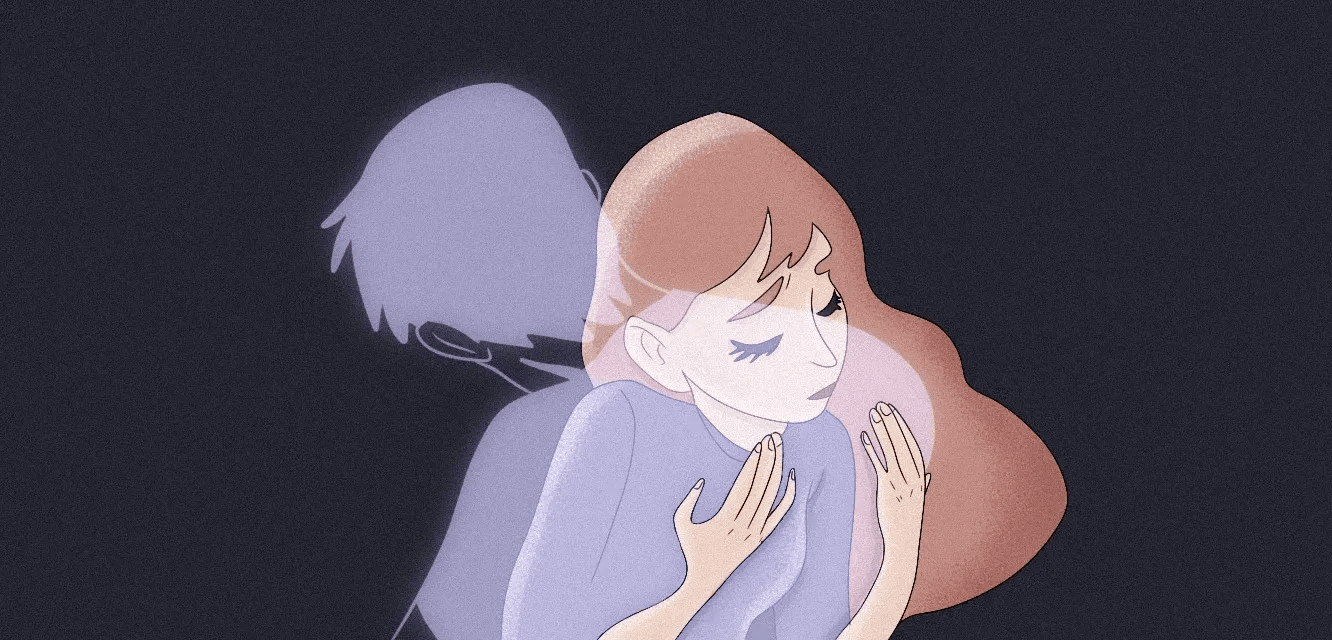Why Are You Dreaming of Dead Relatives?

Dreams about deceased relatives are a common experience, particularly during the grieving process. Often, these dreams reflect feelings of longing and the desire for connection. As you navigate grief, dreams may facilitate understanding and acceptance of loss. They can also offer comforting guidance during difficult emotional moments.
1. Grieving Process
It's common to dream about someone you miss dearly. Such dreams are typical when you’re coming to terms with the death of a loved one. Various stages of grief might influence the nature of your dreams. For instance, in the denial stage, you may dream of your loved one being alive as you struggle to accept their absence. Conversely, if you are at the acceptance stage, these dreams might signify a final goodbye essential for your healing.
2. Feelings of Guilt
Dreams of departed relatives may arise due to unresolved issues or lingering feelings of guilt. When a loved one passes, you may experience unfinished conversations or regret for not expressing certain sentiments. Dreaming of them can symbolize a yearning for closure that remains unfulfilled in your waking life.
Exploring Reasons for These Dreams
As time goes by, the occurrence of these dreams may signify broader themes in your life and psyche.
1. Life Transitions
While grieving dreams often follow shortly after a loss, they can re-emerge during significant life changes. Events such as separation or major life decisions may trigger thoughts of those who have passed away. Seeking comfort from their spirit allows for reassurance amid life’s uncertainties.
2. Messages from Beyond
Many believe that the deceased use dreams as a means to communicate with the living. If a loved one appears in your dream, think of it as a potential message. This communication might be reassurance or come with insights into your current circumstances. Keeping a dream journal may help decipher these communications through reflection.

3. Contemplating Mortality
Such dreams can arise as you grapple with your mortality, especially following a first experience with loss. Conversations within your dreams about life and death can be explorations of your inner thoughts about existence, mortality, and the unknown future.
Common Dream Scenarios
Specific scenarios feature prominently in dreams of deceased relatives and hold different meanings.
1. Dialogues with the Deceased
Discussing matters with a deceased loved one might mean you subconsciously seek their wisdom. Engage with their words, as they may resonate and guide you through present challenges.
2. Witnessing a Burial
Attending a loved one’s funeral in a dream can carry various implications depending on the dream's environment. A sunshine-filled setting could symbolize upcoming prosperity, while a gloomy backdrop raises caution about emotional disturbances or relational challenges.
3. Resurrection of the Departed
If you dream of a deceased relative returning to life, it signifies deep longing. You may yearn for their presence despite acknowledging the impossibility of such a reunion. Conversations about this emotion can assist in processing your feelings about their absence.

Interpreting Personal Connections in Dreams
Assessing relationships with deceased relatives through dreams enhances your understanding.
1. Relative’s Emotional State
Pay attention to how your loved one feels within the dream. If they appear happy or peaceful, it likely indicates their successful transition into the afterlife. Conversely, sadness might reveal unfinished business that needs resolution.
2. Observing Actions and Presence
The actions taken by departed relatives may contain vital context. For example, their silence may represent anxiety about facing truths you wish to avoid. Understanding their demeanor can clarify unresolved issues you may be facing.
3. Physical Appearance
How your relative appears in the dream bears significance. A healthy or joyful manifestation could imply ongoing healing, while a troubled appearance might indicate that grief remains influential in your life.

Practical Steps for Reflection
Utilizing your dreams as a tool for introspection can unlock emotional understanding. Consider sharing your experiences with trusted family, as this can offer new perspectives on your subconscious dialogues.
Embrace dreams of deceased relatives as potentially enriching experiences. They may help surface emotions that require acknowledgment and processing. Allowing yourself the notion that these dreams hold value can aid in navigating your journey through grief.
Earlier, SSP wrote what sex dreams mean.



















